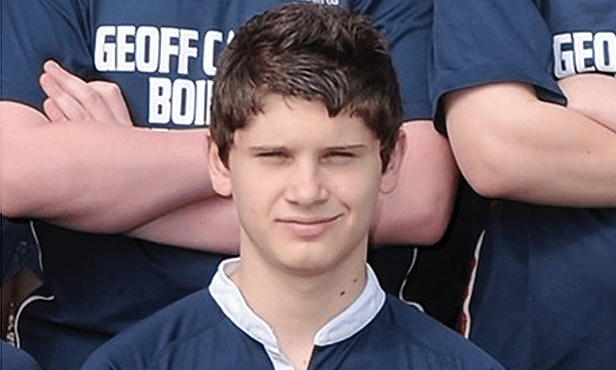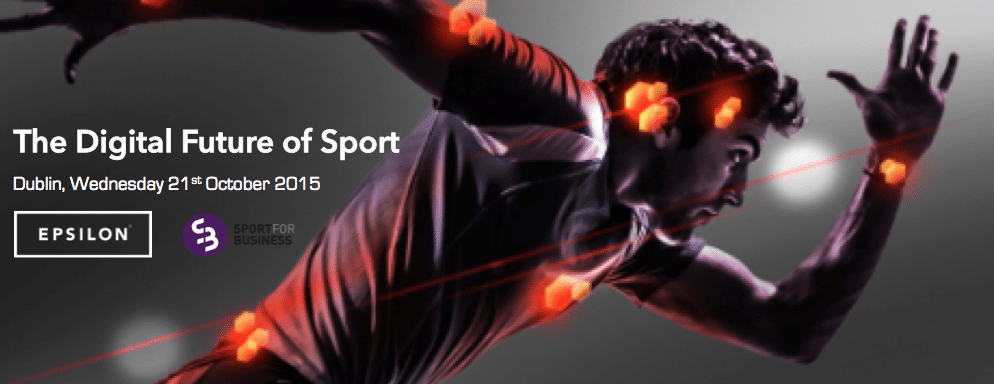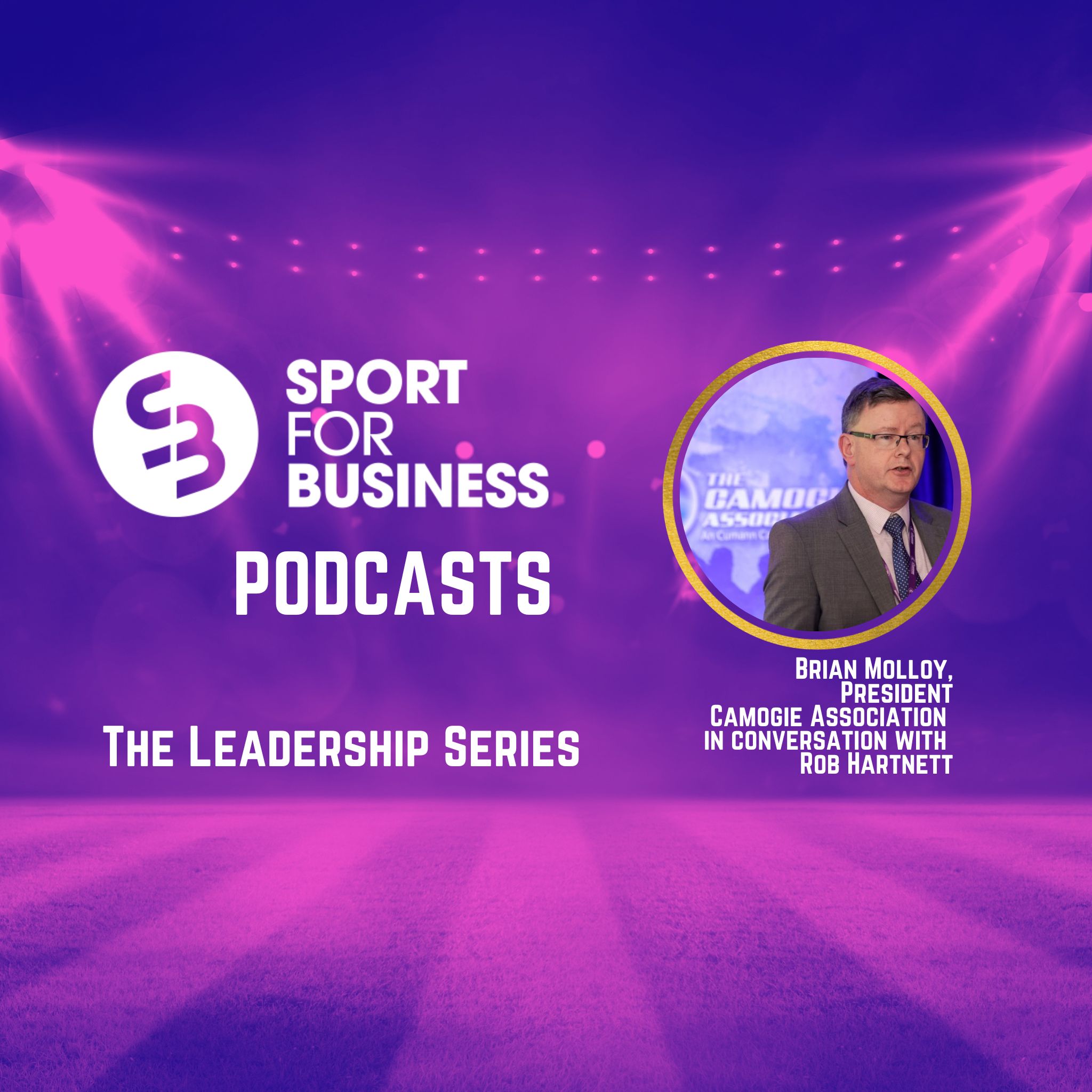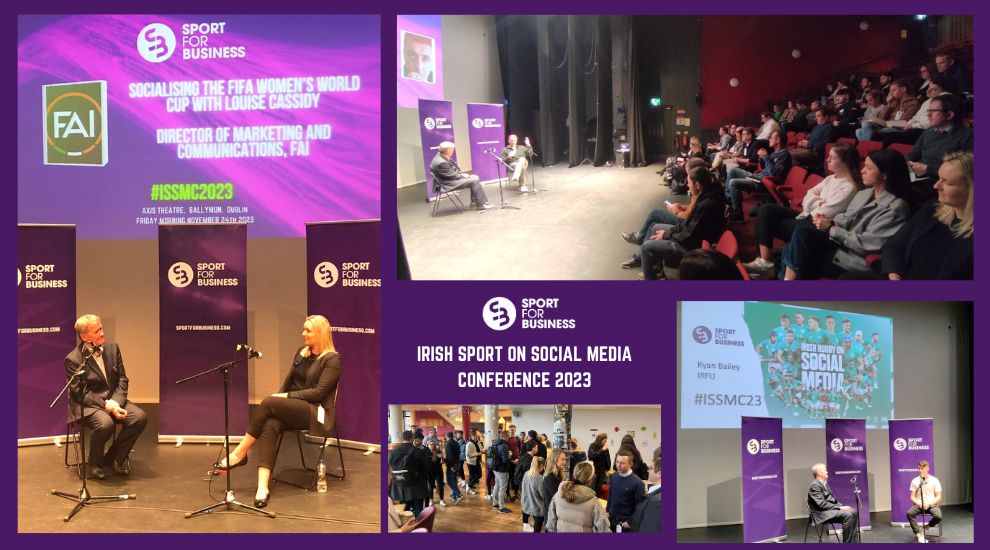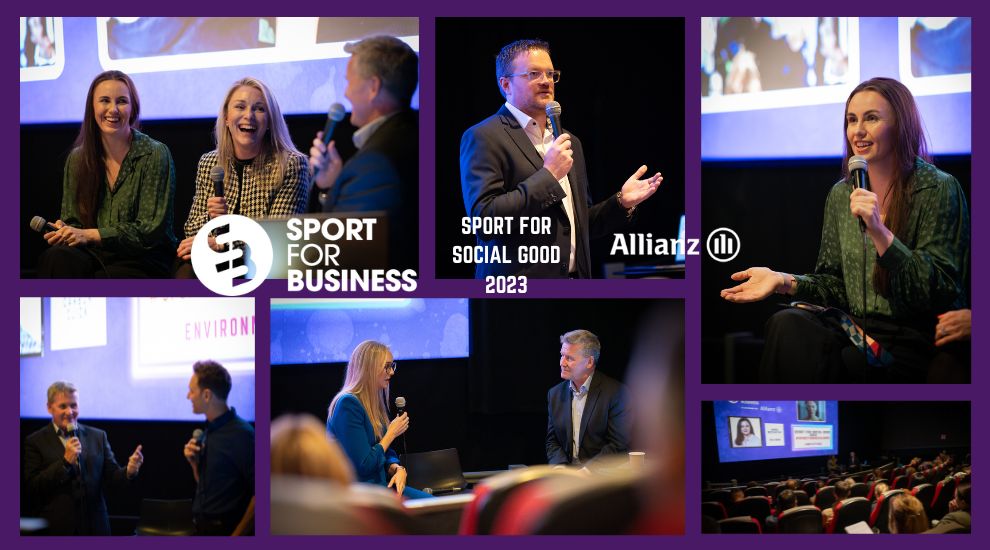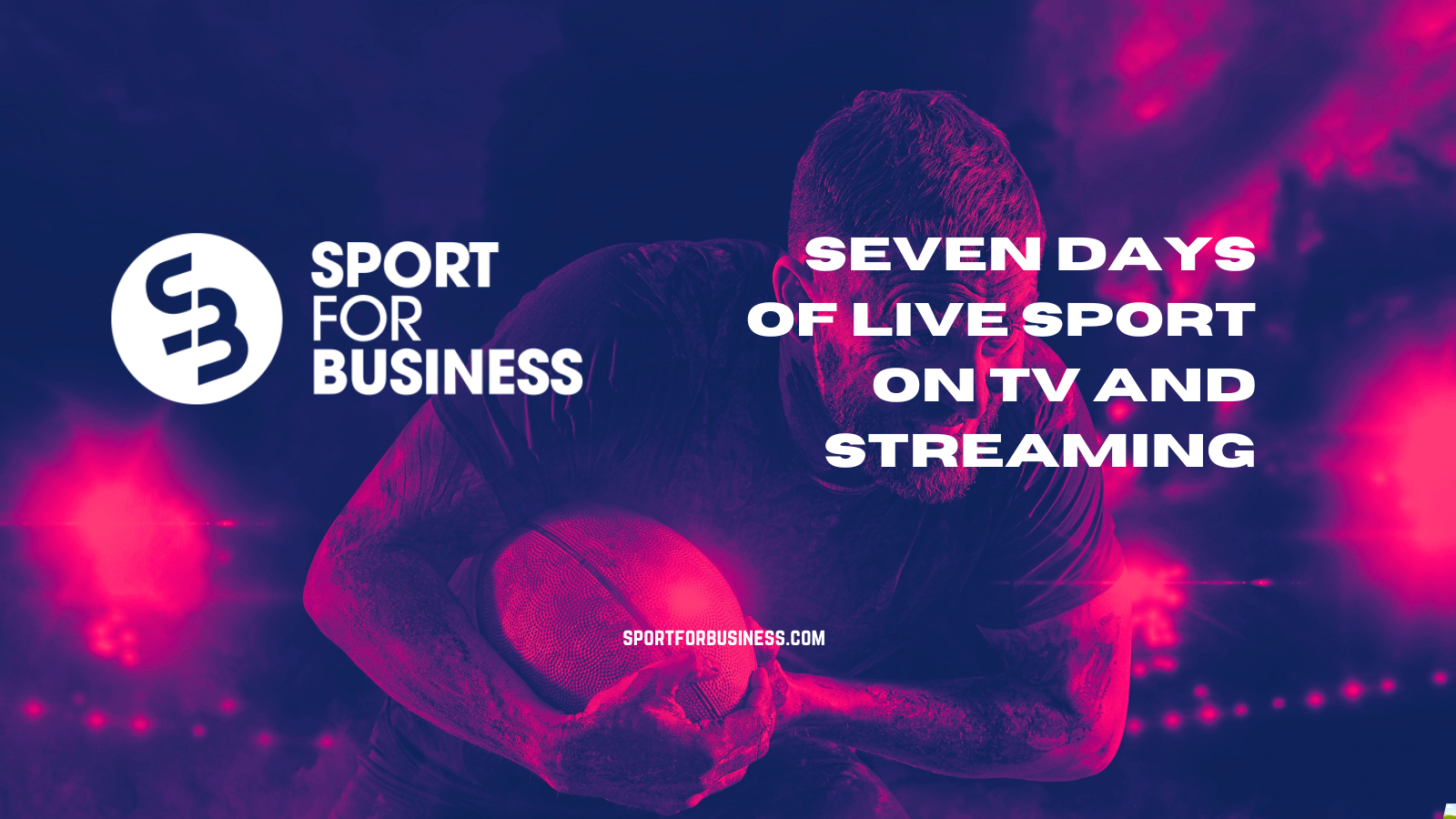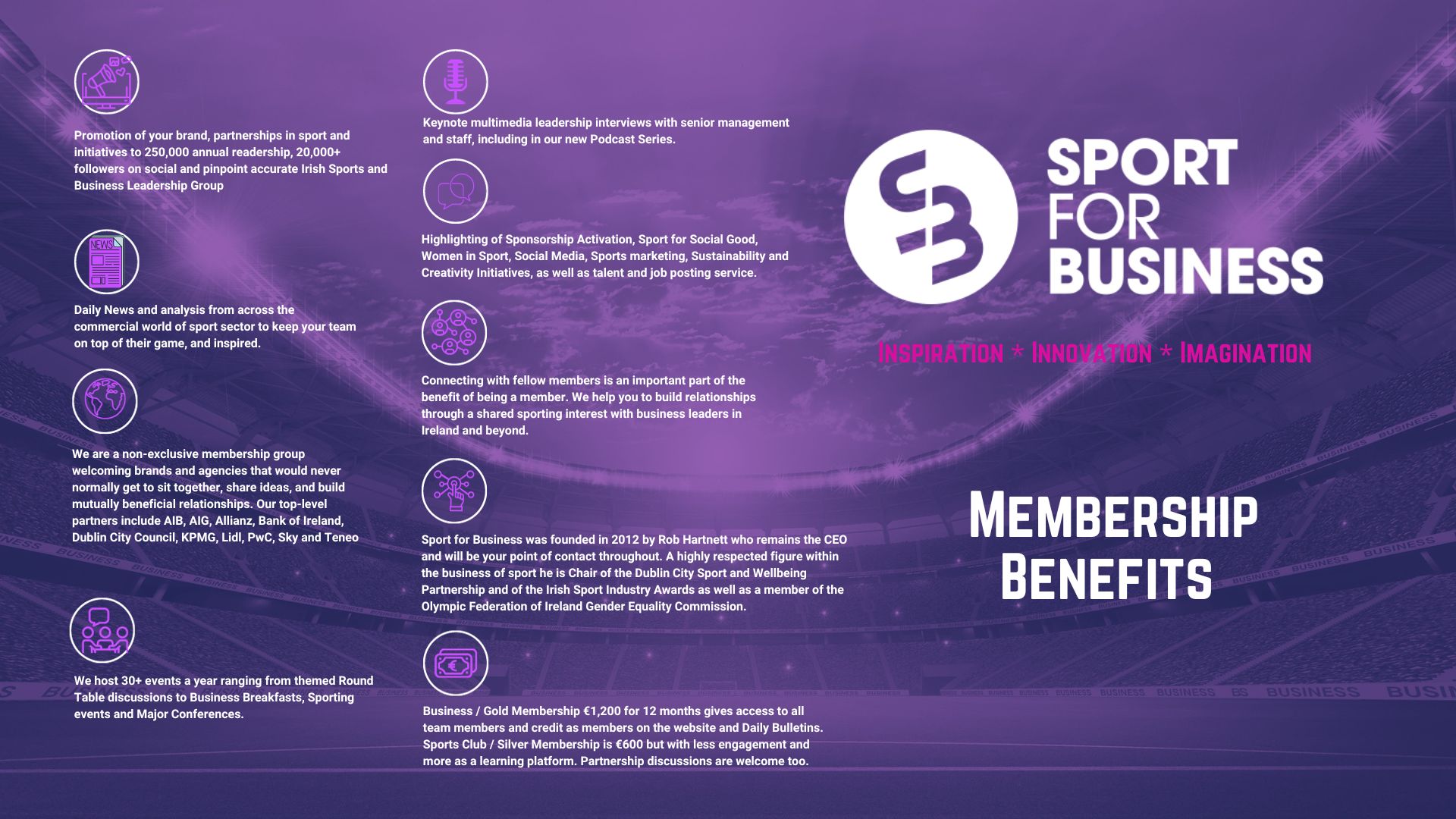There was a distinct unease watching RTÉ’s excellent ‘Hidden Impact’ documentary on concussion in sport last night. It asked questions which cut to the very heart of what sport is about and whether we truly understand the future impact of what people are willing and excited to do when in the prime of their health.
Ben Robinson was 14 years old when he died as a result of second impact syndrome playing rugby for his school Carrickfergus Grammar in Northern Ireland. His story was widely reported but watching his mother speaking last night was harrowing and deeply moving.
Of course life can be dangerous. The human body is ultimately a frail piece of equipment when coming into contact with outside forces. We have a duty of care though to treat trauma when it occurs.
No game is more important than the health of the players involved, no matter what might be felt in the lore of a game or the distorted reality of a movie based perspective on ‘seizing the day.’
Three times
Ben Robinson was treated for possible concussion three times during the game after which he died. Three times he was returned to play. Nobody can say with certainty that if he had been removed from the field of play he would still be alive today, His mother Karen is convinced he would and that haunts her.
The most important aspect of the game on the day, for players, managers, coaches and parents was how the team did and whether they won. Away from the heat of the moment that single minded purpose seems irrelevant. Did Carrickfergus beat Dalriada that day? Does it really matter?
The programme ended last night with Conor O’Shea posing a question on whether Paul O’Connell would play for Ireland in a World Cup Final days after suffering a concussion in training.
It was left to the viewer to answer the question in their own heart. To someone who was watching from afar and wanted Ireland to win the range of logic that would be applied to the answer would be markedly different from O’Connell’s family.
Damning layers of evidence
They might both arrive at the same answer that no he should not play, but that the question was asked at all at the end of an hour in which damning layers of medical evidence were laid on each other with precision suggests that the games we play and those who play them have yet to fully comprehend the dangers.
The medical experts interviewed consistently said that something was going to have to change. Rod Mcgloughlin, the IRFU Medical Officer stated that Irish Rugby was ahead of international best practice in education and action. There is no doubt he is right but the comparison should perhaps be less to how others are stepping up and more to what the ultimate end goal of a safe playing environment should be.
Players will generally be the last to recognise that something needs to be done differently to protect themselves. Rugby was in the crosshairs last night but any contact sport will have been sitting uncomfortably as the medical evidence piled up.
The brain is the least understood of our vital organs. players from Ronan O’Gara to Jonathan Sexton were asked to define concussion and the range of answers was far wider than would have been the case for any other physical injury.
Much was made of the fact that the game is safer now today than it has ever been, particularly in the scrum where rules and safety have been tightened considerably. Less was made of the increased size and speed of today’s players. the impacts are harder and the effects potentially more damaging.
77 Hits per Game
“Rugby is not Tiddlywinks,” said Wales’ George North after he was concussed three times earlier this year. Research earlier in the year showed that a professional rugby player will take an average of 77 hits in a game, as opposed to only 13 in College Football.
Brian O’Driscoll admitted that the first generation of professional rugby players are effectively Guinea Pigs for what brain injuries might be proven in the future to be the result of what they are doing.
This weekend we will cheer at the big tackles that Ireland make on France. Wince at the impact when the same is doled out in return by ‘les bleus’. We will then walk away from the ground or the screen and carry on with life.
The players though may have to face an uncertain future and possible long term disability or death as a result of the trauma’s they endure.
There was an underlying machismo in some of the interviews last night and perhaps more so on training grounds this evening. “It’s a man’s game and hits are part and parcel.”
Indeed USA Rugby have a video promoting the response of players to hard hits, in this case a woman player, as opposed to the perceived prima donna antics of players in other sports. It’s part of the appeal of the game in most eyes. After watching Hidden Impact though can those eyes remain blind to the potential long term damage?

